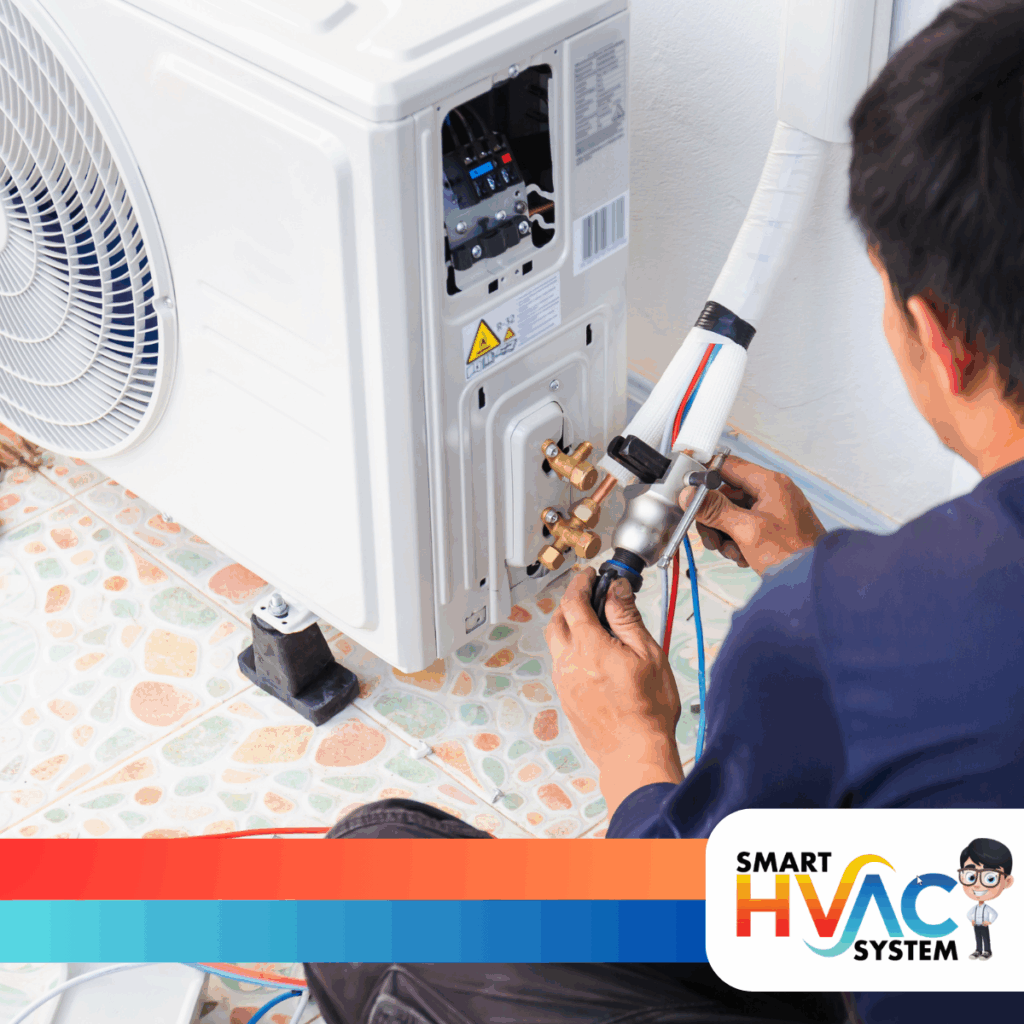Choosing the right air conditioner for your home isn’t just about staying cool—it’s about comfort, efficiency, and getting the most value for your money. With so many options on the market, from sleek ductless systems to powerful central AC units, the decision can feel overwhelming.
Here’s a clear, step-by-step guide to help you choose the best air conditioner for your needs, your home, and your budget.
1. Understand the Types of Air Conditioners
Before you buy, it’s important to know what’s out there. The type of air conditioning system you choose will depend on the size of your space, existing infrastructure, and cooling goals.
Most common options include:
- Central Air Conditioning: Ideal for whole-home cooling. Requires ductwork and is controlled by a central thermostat.
- Ductless Mini-Split Systems: Great for zoned cooling or homes without ducts. Energy-efficient and easy to install.
- Window Units: Best for single rooms or small apartments.
- Portable AC Units: Mobile, plug-in units for temporary or supplemental cooling.
- Heat Pumps: Provide both heating and cooling—excellent for year-round comfort.
2. Consider the Size and Capacity
An AC that’s too small won’t cool your space efficiently. One that’s too large may cycle on and off too quickly, wasting energy and leading to uneven temperatures.
How to size your air conditioner:
- Use BTUs (British Thermal Units) or tonnage to measure capacity
- Get a Manual J load calculation from a professional HVAC technician to ensure proper sizing based on:
- Square footage
- Ceiling height
- Insulation
- Number of windows and sunlight exposure
- Square footage
Pro tip: Never guess the size of your cooling system—accurate sizing ensures comfort and efficiency.
3. Look at Energy Efficiency Ratings
Energy efficiency can save you serious money in the long run. When choosing an AC unit, look for:
- SEER (Seasonal Energy Efficiency Ratio) rating — the higher, the better
- ENERGY STAR® certification
- Inverter technology (especially in ductless systems) for variable-speed operation
A high-efficiency air conditioner might cost more upfront but will reduce your monthly utility bills over time.
4. Evaluate Features That Matter to You
Modern air conditioning systems come with lots of options. Consider which features are must-haves:
✅ Smart thermostat compatibility
✅ Quiet operation (check decibel ratings)
✅ Wi-Fi or app control
✅ Multi-zone cooling (for mini-splits)
✅ Air purification or dehumidifier functions
If you’re investing in a new AC installation, now’s a good time to upgrade your thermostat or consider zoning for personalized comfort in different rooms.
5. Think Long-Term: Installation & Maintenance
A great air conditioner is only as good as its installation. That’s why working with a licensed AC installation professional is key. They’ll make sure your unit is:
- Properly sized and placed
- Connected to the right electrical and ductwork systems
- Tested for performance and safety
Also, consider the brand’s reputation for reliability and ease of maintenance. Will parts be easy to replace? Does it come with a solid service? These details make a big difference over the life of your cooling system.
Choosing the best air conditioner doesn’t have to be stressful. Focus on your home’s size, your energy goals, and the features you value most. Then, work with a trusted HVAC expert to guide you through the process, from selection to installation.
READ MORE:

